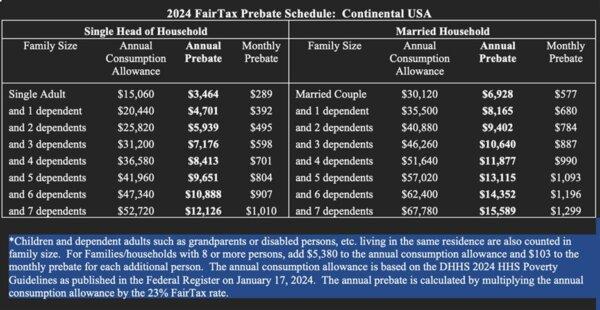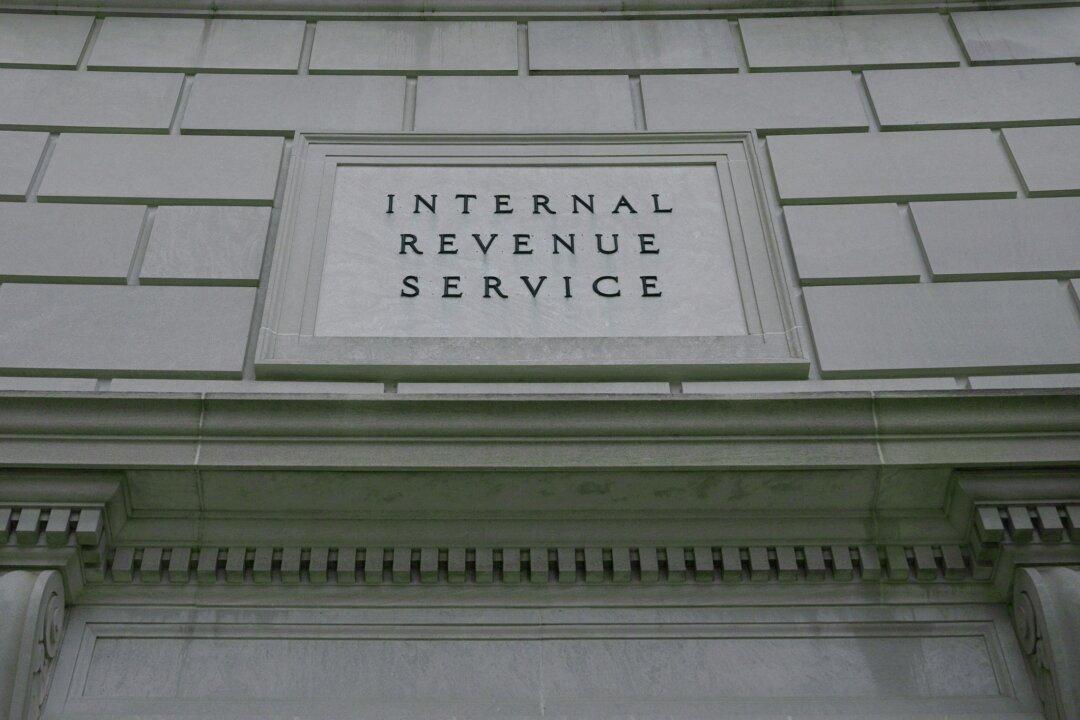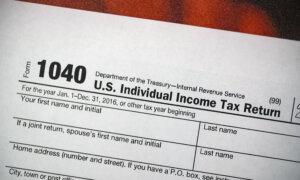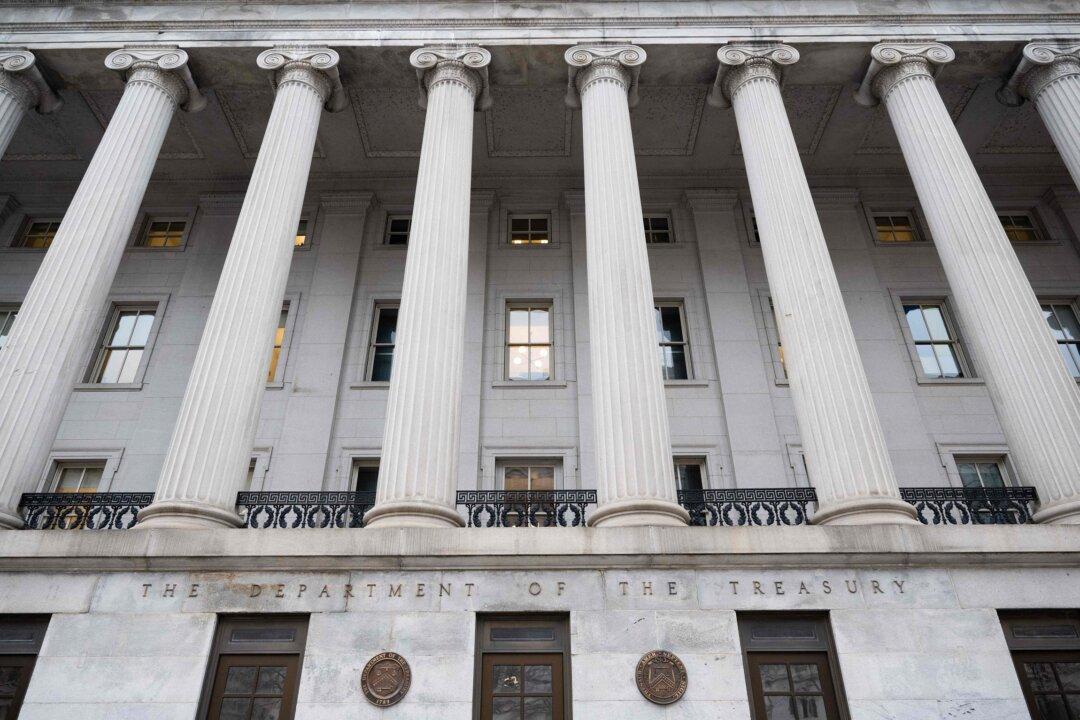April 15 was “tax day,” so we thought it would be a good idea to talk about a consumption tax. The Fair Tax Act (referred to as “FAIRtax”) was introduced to the U.S. Congress in 1999 by former Rep. John Linder (R-Ga.), and it stands as the foremost tax reform plan in the nation.
The Fair Tax Act has been proposed as a bill in the United States Congress regularly since 1999. It was last proposed as H.R. 25 in January 2023 by Rep. Buddy Carter (R-Ga.), with co-sponsors Reps. Andrew Clyde (R-Ga.), Jeff Duncan (R-S.C.), Kat Cammack (R-Fla.), Scott Perry (R-Pa.), Bob Good (R-Va.), Thomas Massie (R-Ky.), Ralph Norman (R-S.C.), Bill Posey (R-Fla.), Gary Palmer (R-Ala.), Jim Banks (R-Ind.), and Barry Loudermilk (R-Ga.).
This Fair Tax Act imposes a national sales tax on taxable new property or services instead of the current income taxes, payroll taxes, and estate and gift taxes.
If the FAIRtax becomes law, that means income, payroll, estate, and gift taxes will be erased forever.
With the FAIRtax, consumers would pay almost 30 cents (plus applicable state and local sales taxes) per $1 purchased over the applicable prebate for each consumer; however, this is greatly offset by the fact that no federal taxes would be levied on earnings.
How does this affect low-income and middle-income households?
The FAIRtax includes a provision for a monthly rebate, commonly referred to as a “prebate,” allocated to each household according to its family size.
This prebate is designed to offset the taxes incurred on goods and services, ensuring that households are not taxed below the poverty threshold. The prebate would be delivered each month, not annually.

The FAIRtax isn’t about raising or lowering taxes; it’s about shifting taxation from what we produce (our work) to what we consume (our expenditures).
The FAIRtax proposes to replace almost all federal taxes with a 23 percent national retail sales tax, institute a “Family Consumption Allowance,” eliminate the IRS, and create a mechanism to revoke the sales tax if the 16th amendment—which outlines Congress’s authority to levy an income tax—is not repealed within five years.
How does this affect business? To start, businesses would not be taxed on funds they reinvest in their operations.
There would also be increased investment in businesses across the United States. At the moment, trillions of dollars from U.S. citizens and enterprises are currently held offshore to escape taxation, all of these funds would come back to America and be reinvested in our economy.
Wages would also increase. The consensus among most economists is that the burden of the employer payroll tax ultimately falls on employees through diminished wages. Employers typically factor in the overall cost of hiring a worker when setting wages.
When confronted with extra expenditures such as payroll taxes, employers might lower wages to compensate, effectively transferring the tax burden to employees in the shape of reduced pay.
The United States stands alone among wealthy nations by imposing retail sales tax—at the state and local level—instead of a value-added tax as its primary consumption tax.
For those who say a consumption tax doesn’t work, the federal government already has a form of consumption tax (federal excise tax) on certain goods and services, such as gas, airline tickets, alcohol, and cigarettes, and this is clearly implemented on top of our current taxes, resulting in the taxpayer paying more taxes.
No longer will employers and employees pay the taxes of drug dealers, prostitutes, pimps, and tax cheats. Criminals might not file returns, but they certainly buy things, and with the FAIRtax enacted, when they do, they will join the rest of us in paying taxes.
The FAIRtax isn’t a gimmick; it’s a game-changer for our economy. Politicians often talk about “fair share,” but nothing truly achieves a “fair share” like the FAIRtax.







